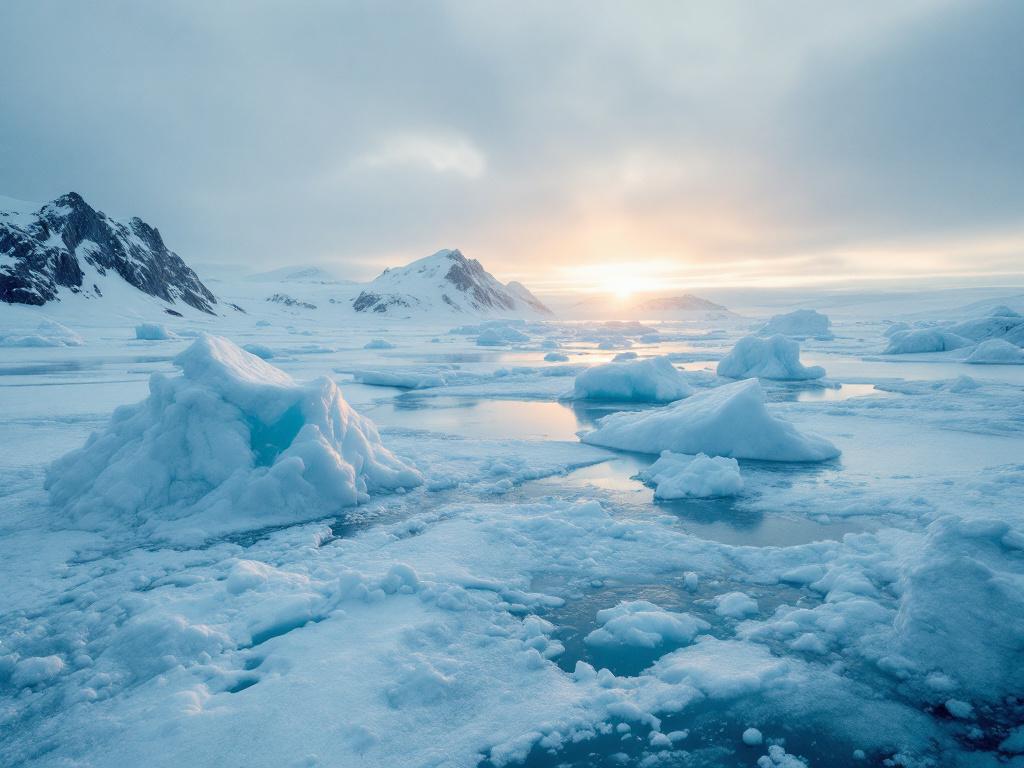Articles in this Cluster
19-08-2025
Kieran Mulvaney argues in his essay that confrontation in the Arctic is not inevitable. He suggests that major players in the region should not view every move by their adversaries as a threat. The essay is part of a series published by The Economist to mark the centenary of the Svalbard Treaty coming into force. Other contributors to this series include John Bolton and Mikhail Komin, who present differing views on the geopolitical situation in the Arctic. Mulvaney's argument contrasts with those who see the Arctic as a potential flashpoint for conflict, particularly between NATO and Russia or China.
Entities: Arctic, Kieran Mulvaney, Svalbard Treaty, John Bolton, Mikhail Komin • Tone: analytical • Sentiment: neutral • Intent: inform
19-08-2025
Mikhail Komin, a political scientist, argues that the Arctic is becoming Putin's next front due to the Kremlin's insecurities, which are fuelling escalation in the region. The article is part of a series marking the centenary of the Svalbard Treaty. Komin's essay is accompanied by others from John Bolton and Kieran Mulvaney, offering diverse perspectives on Arctic geopolitics. The region's significance is highlighted against the backdrop of great power competition, with NATO's presence and the actions of Russia and China being key factors.
Entities: Arctic, Putin, Kremlin, Mikhail Komin, Russia • Tone: analytical • Sentiment: neutral • Intent: analyze
19-08-2025
John Bolton argues that the far north has become NATO's vulnerable region due to increasing Chinese and Russian activities in the Arctic. He makes the case for keeping Chinese influence out and Russian power in check in the region. The article is part of a series marking the centenary of the Svalbard Treaty.
Entities: NATO, John Bolton, China, Russia, Arctic • Tone: analytical • Sentiment: negative • Intent: persuade
